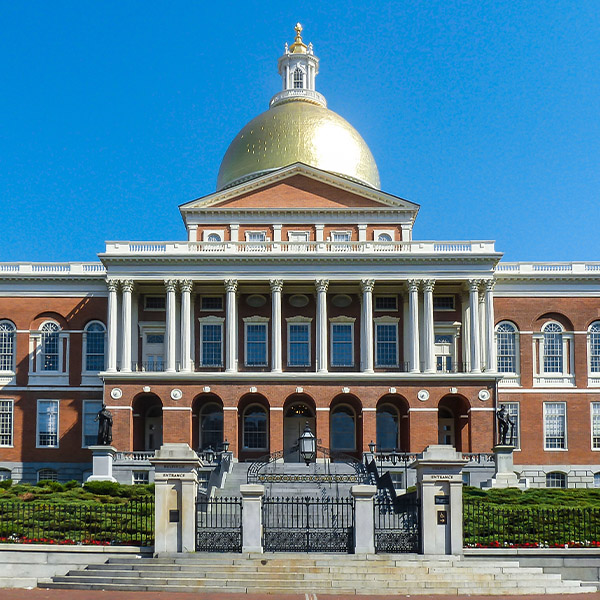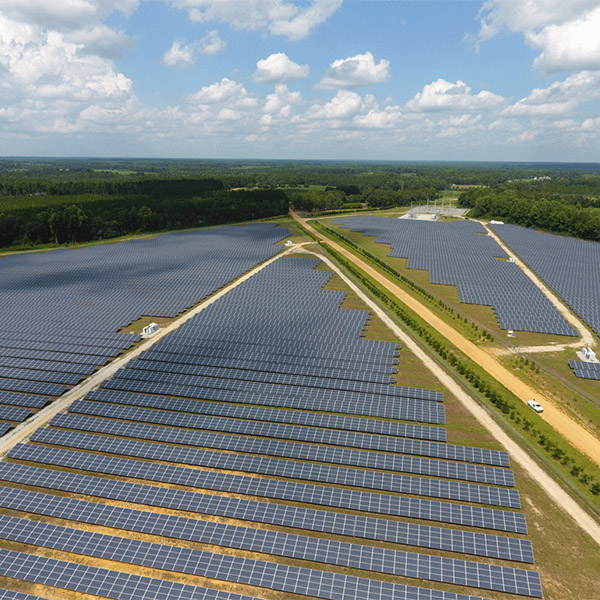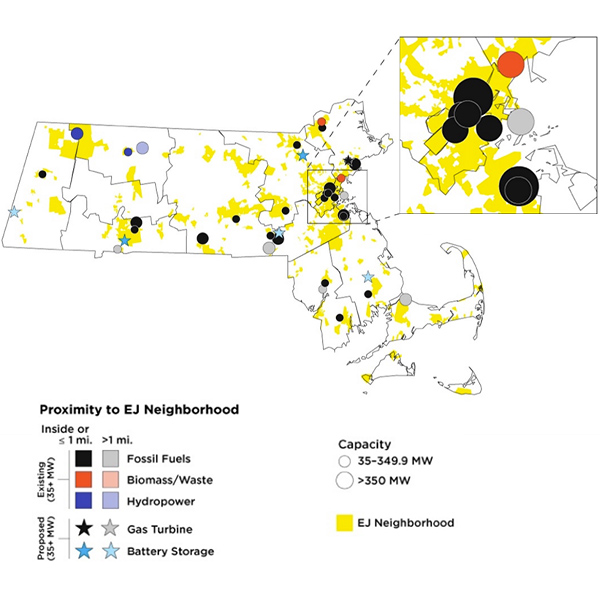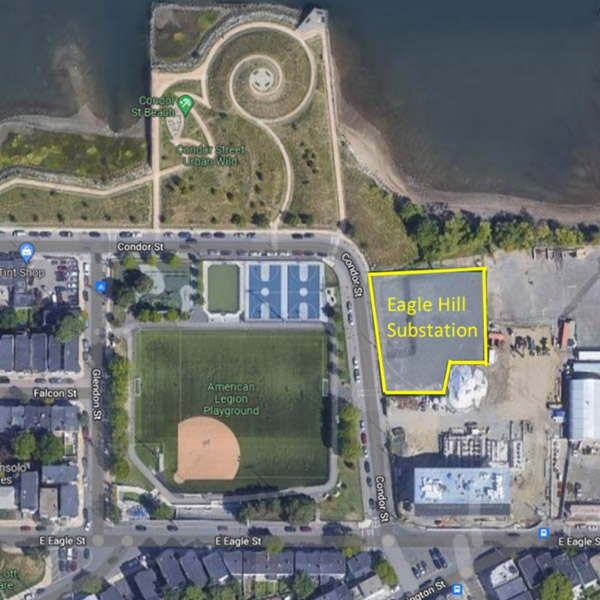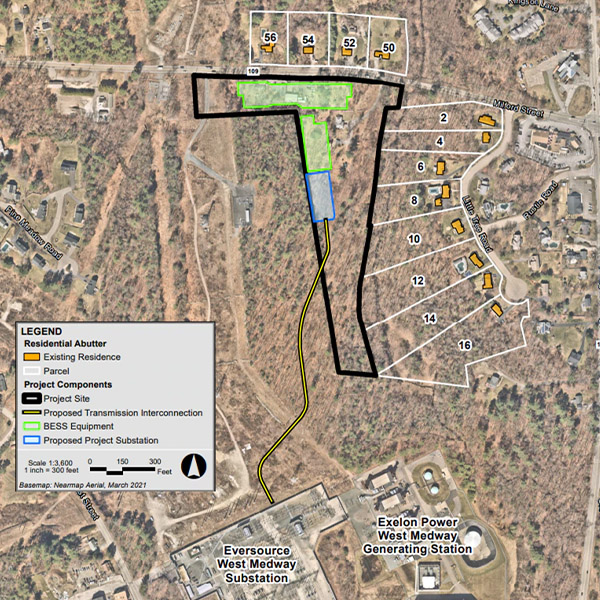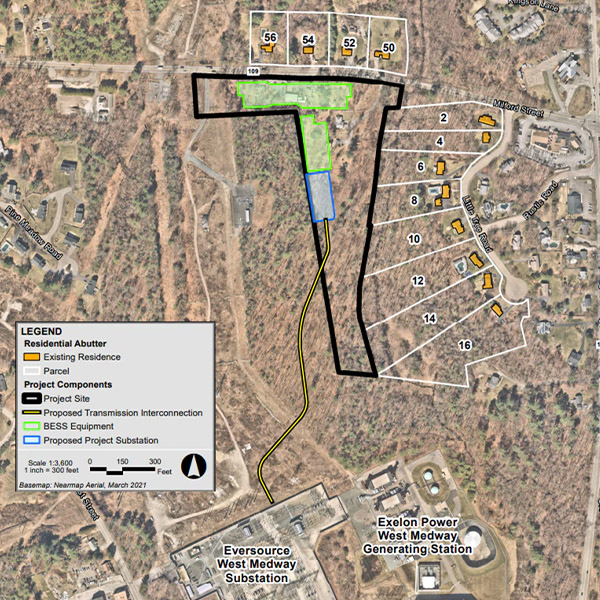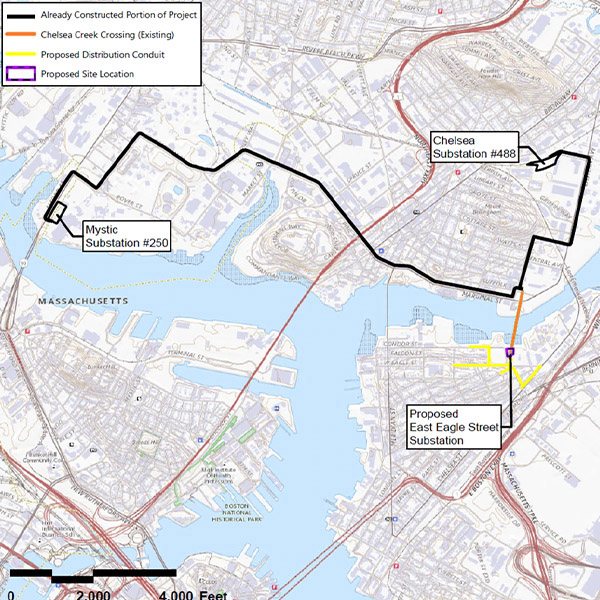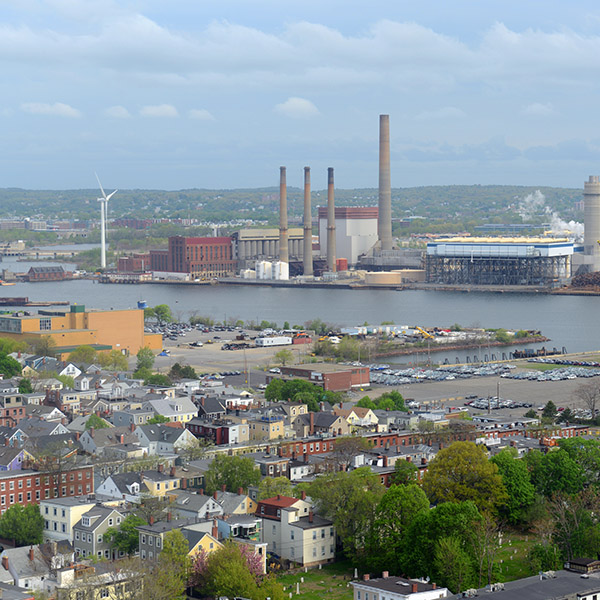Massachusetts Energy Facilities Siting Board (EFSB)
Massachusetts Gov. Maura Healey has filed a major energy bill that her administration says would save ratepayers $10 billion over the next decade.
After negotiations extending well past the end of the formal legislative session, Massachusetts lawmakers are nearing passage of a wide-ranging climate and energy bill.
With the end of Massachusetts’ legislative session looming, lawmakers are on the clock to reach an agreement on a major climate bill centered around clean energy permitting and siting reform.
The Commission on Energy Infrastructure Siting and Permitting issued detailed recommendations to state lawmakers as they consider significant revisions to state processes for developing energy projects.
As the Massachusetts legislature gears up to address permitting and siting challenges for clean energy infrastructure, a new report shows how the state has disproportionately sited electricity infrastructure in environmental justice communities.
Groups emphasize the negative effects existing permitting and siting procedures have had on vulnerable populations in the state.
The Massachusetts DPU cleared the way for two major battery facilities that would have a combined rating of 400 MW/800MWh, which is most of the state's 1,000-MW target for 2025.
The agency determined that it lacks jurisdiction over battery energy storage systems, referring such projects to the state's Department of Public Utilities.
Eversource's request to expedite 15 state and local permits is the latest development in a long-running dispute over the substation.
Alternatives to the new Mass. LNG facility, such as expanding interstate natural gas pipelines, are more harmful to the environment, EFSB's Andre Gibeau said.
Want more? Advanced Search
